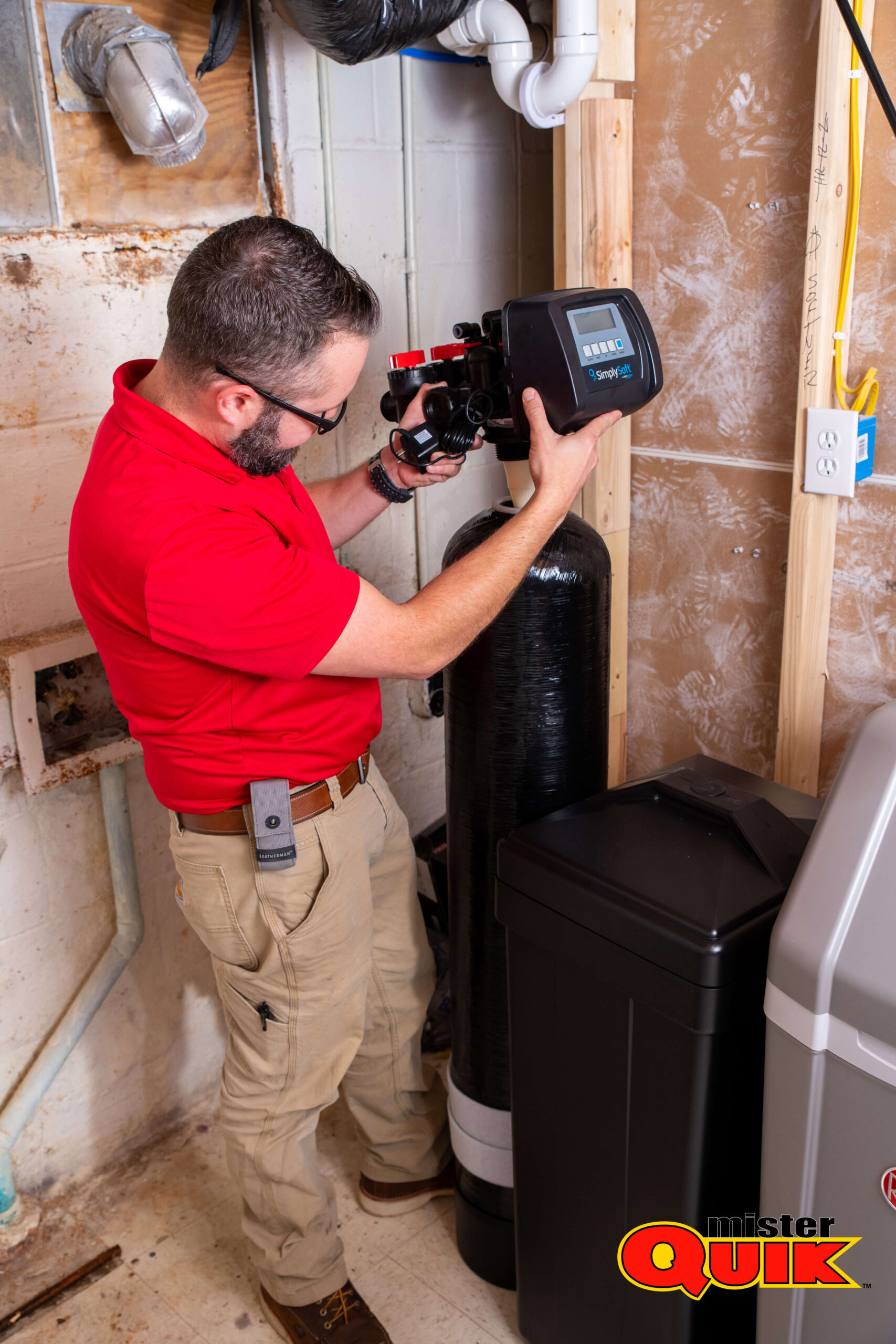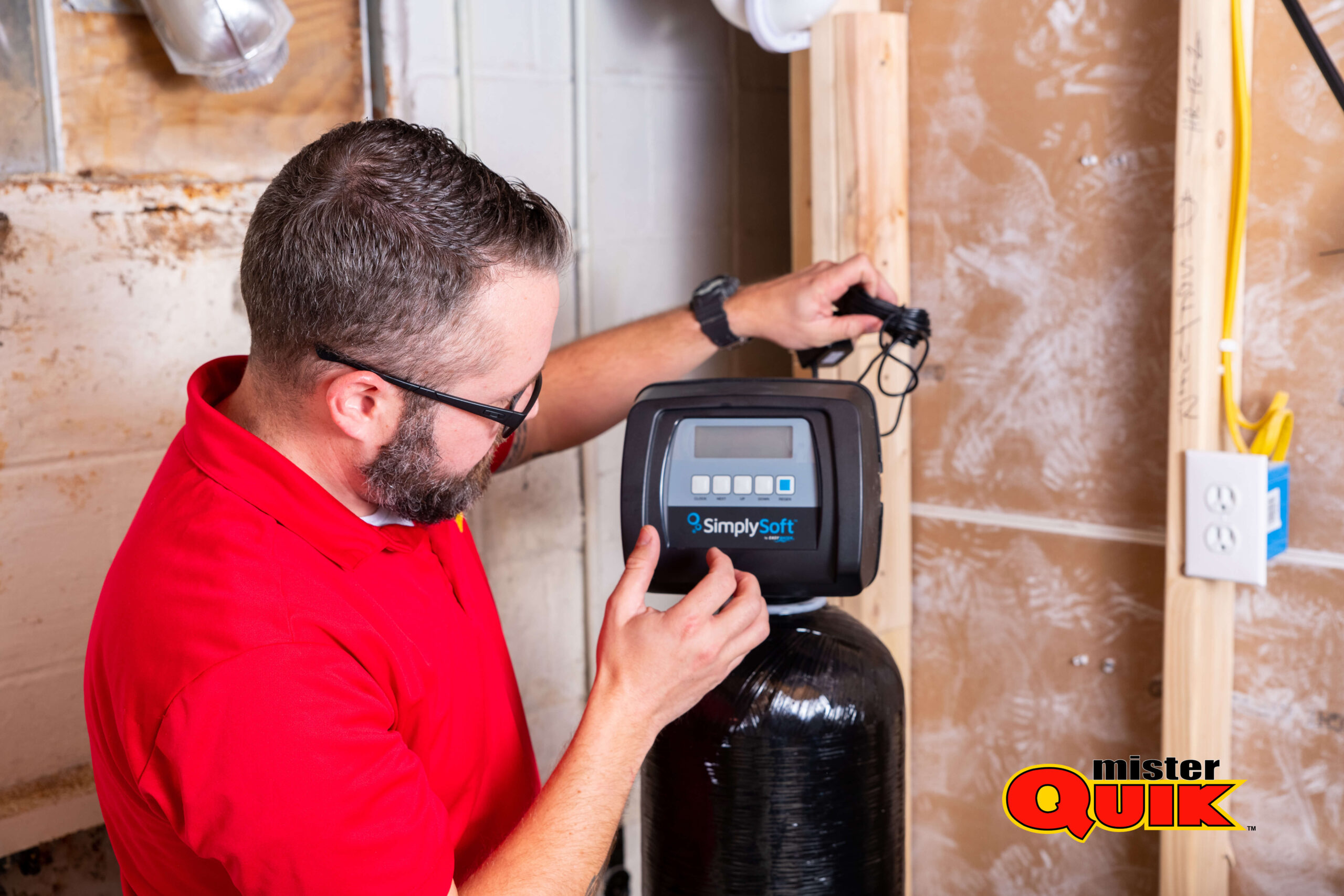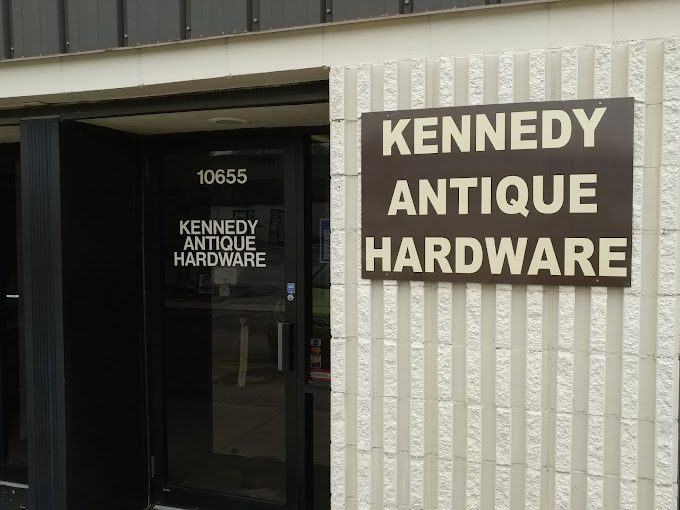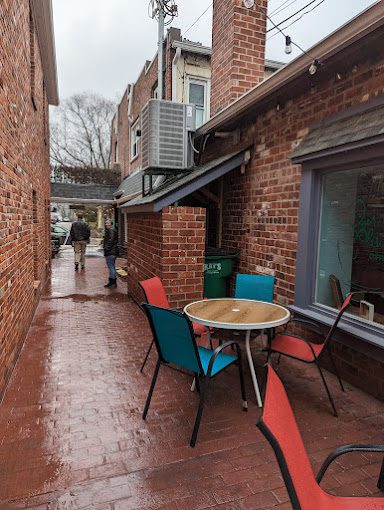Zionsville Tankless Water Heater Installation

Tankless Water Heater: What You Need To Know Before You Buy
If you’re considering a Zionsville tankless water heater installation, there are a few key things to know before making your purchase. Here’s what you need to consider:
- 1. Energy Efficiency: Tankless water heaters are renowned for their energy efficiency. Unlike traditional tank water heaters that continuously heat and reheat water, tankless models heat water only when you need it. This can lead to significant energy savings over time, resulting in lower utility bills. Before buying, check the energy efficiency rating of the unit to ensure you’re getting the most cost-effective option for your home.
- 2. Hot Water Demand: Consider your household’s hot water usage patterns. Tankless water heaters provide hot water on demand, which means they can supply a continuous stream of hot water as long as needed. However, if you have a large household with simultaneous hot water demands from multiple sources, you may need a unit with a higher flow rate.
- 3. Installation Requirements: Installing a tankless water heater requires careful consideration of your home’s layout and existing infrastructure. These units may require specific venting systems, gas lines, or electrical upgrades depending on the model and fuel type. Before purchasing, consult with a professional installer to assess your home’s suitability for a tankless water heater and to ensure all necessary requirements are met.
- 4. Maintenance Needs: While tankless water heaters generally require less maintenance than traditional tank models, they still need periodic upkeep to ensure optimal performance and longevity. Regular maintenance tasks may include descaling to remove mineral buildup, checking for leaks or corrosion, and inspecting the unit’s components for any signs of wear or damage.
- 5. Cost Considerations: Finally, evaluate the upfront cost of the tankless water heater, including the unit itself, installation fees, and any additional components or modifications required. While tankless water heaters may have a higher initial cost compared to traditional tank models, their long-term energy savings and durability often offset this investment.
By keeping these factors in mind, you can make an informed decision when purchasing a Tankless water heater. For expert advice and professional installation services, contact Mister Quik Home Services today.
Tankless Water Heater Installation: Is It Worth It?
Considering a tankless water heater? Let’s explore whether it’s worth it for your home:
One of the main advantages of tankless water heaters is their energy efficiency. Unlike traditional tank water heaters that continuously heat and store water, tankless models heat water on demand. This means they only use energy when you need hot water, leading to potential energy savings and lower utility bills over time.
Tankless water heaters are also known for their compact and space-saving design. Unlike bulky tank water heaters that take up valuable floor space, tankless models are typically wall-mounted and occupy minimal space. This can be advantageous for homes with limited space or those looking to maximize usable square footage.
With a tankless water heater, you'll never run out of hot water. Traditional tank water heaters have a limited storage capacity, which can result in running out of hot water during peak usage times. Tankless models heat water on demand, providing a continuous supply of hot water whenever you need it, making them ideal for large households or homes with high hot water demand.
Tankless water heaters generally have a longer lifespan compared to traditional tank models. While tank water heaters typically last around 8-10 years, tankless models can last 15+ years with proper maintenance. This means fewer replacements over time, saving you money in the long run.
Ask your plumber to verify whether your current gas line is adequate or if you’ll need to modify it to provide sufficient gas flow to your new unit. Tankless water heaters have very different ventilation requirements than their tank predecessors, which is why modifications are often required for installation.
Really the only thing left to cover in this guide is what to expect if you choose to replace your hot water heater tank with a tankless water heater. A typical tankless water heater installation can take a crew of 2 technicians an average of 4-10 hours, depending on installation requirements.
A tankless water heater usually takes about 15 seconds to bring the water to the proper temperature and a few more seconds to deliver the heated water to your showerhead or faucet. If your tankless water heater takes too long to heat, you can do two things to reduce or even eliminate your hot water delay.
You can expect an average installation time of about four to six hours. There is a chance that your technician will be able to get the tankless water heater installation done ahead of schedule.
The installation process for a tankless water heater involves plumbing work, electrical connections, and potential soldering. Without the necessary expertise, there is a higher risk of improper installation, which can lead to leaks, electrical hazards, and even voiding the warranty of the unit.
Pros and Cons of Tankless Water Heaters
Considering a Zionsville tankless water heater installation? Let’s weigh the pros and cons of tankless water heaters to help you make an informed decision:

Tankless water heaters heat water on demand, providing a continuous supply of hot water whenever you need it. Unlike traditional tank water heaters, which have a limited storage capacity and can run out of hot water, tankless models ensure you never experience cold showers or wait times for hot water.
Tankless water heaters are more energy-efficient than traditional tank models. They only heat water when you turn on the tap, eliminating standby heat loss associated with storing hot water in a tank. This can lead to significant energy savings and lower utility bills over time.
Tankless water heaters have a compact and space-saving design. They are typically wall-mounted and occupy minimal space, making them ideal for homes with limited space or those looking to maximize usable square footage.
Tankless water heaters generally have a longer lifespan compared to traditional tank models. With proper maintenance, tankless units can last 15+ years, reducing the need for frequent replacements and saving you money in the long run.
What Size Tankless Water Heater Do I Need?
Choosing the right size tankless water heater for your home is crucial to ensure you have an adequate supply of hot water without overspending or wasting energy. Here’s what you need to know about determining the correct size for your tankless water heater:
Factors to Consider:

Calculate the maximum hot water demand in your home by considering the number of fixtures (sinks, showers, appliances) that may be used simultaneously. Each fixture has a flow rate, measured in gallons per minute (GPM), which contributes to the total hot water demand.

Determine the temperature rise required to heat cold water to your desired hot water temperature. The temperature rise is the difference between the incoming groundwater temperature and the desired hot water temperature. In colder climates like Zionsville, a higher temperature rise may be needed.

Compare the flow rate (GPM rating) of different tankless water heater models to ensure they meet your household's hot water demand. Select a unit with a GPM rating that exceeds your calculated hot water demand to ensure consistent performance, especially during peak usage times.
Tankless Water Heater Installation
Considering a tankless water heater installation? Here’s what you need to know about our installation service:
Our Installation Process:
1. Assessment:
Our skilled technicians will visit your home to assess your hot water needs, evaluate the available space, and determine the best location for installation.
2. Selection:
Based on our assessment and your preferences, we’ll help you choose the right size and type of tankless water heater for your home. We’ll consider factors like the number of occupants, hot water usage patterns, and energy efficiency.
3. Installation:
Once you’ve selected a tankless water heater, our team will professionally install it in your home. We’ll ensure proper placement, connection to existing plumbing and gas lines (if applicable), and electrical wiring as needed.
Zionsville Tankless Water Heater Installation Cost
When it comes to Zionsville tankless water heater installation, understanding the costs involved is essential. Here’s a breakdown of what you can expect:
Factors Affecting Installation Cost:
The cost can vary based on the type of tankless water heater you choose. Gas-powered units typically have a higher upfront cost compared to electric models, but they may offer lower operating costs over time.
The size or capacity of the unit, measured in gallons per minute (GPM), can influence the installation cost. Larger units capable of supplying hot water to multiple fixtures simultaneously may cost more than smaller units designed for single-use applications.
The complexity of the installation process plays a significant role in determining the overall cost. Factors such as the location of the unit, the need for additional venting or gas lines, and any necessary electrical upgrades can impact the final price.
Higher-end brands or models with advanced features may come with a higher price tag for both the unit and installation. However, opting for a reputable brand and quality installation ensures better performance and longevity.
The cost of labor for installing the tankless water heater is another important consideration. Hiring a professional plumber to handle the installation ensures proper setup and can contribute to the overall cost.
By implementing these energy-efficient measures, you can significantly reduce your heating costs and enjoy a more comfortable living environment.
Troubleshoot Checklist:
- Check power source: Ensure the unit is receiving power from the electrical panel or gas line.
- Reset unit: Reset the tankless water heater by turning it off, waiting a few minutes, then turning it back on.
- Check for scale buildup: Descale the unit to remove mineral deposits that can affect performance.
- Adjust temperature settings: Ensure the temperature setting is appropriate for your hot water needs.
- Inspect connections: Check all plumbing connections for signs of leaks and tighten them if necessary.
- Check pressure relief valve: Test the pressure relief valve for leaks and replace if faulty.
- Refer to manual: Consult the manufacturer’s manual for error code meanings and troubleshooting steps.
- Check ventilation: Ensure proper ventilation to prevent overheating and trigger error codes.
- Check gas supply: Verify that the gas supply to the unit is turned on and sufficient.
- Inspect igniter: Clean or replace the igniter if it is dirty or damaged.









